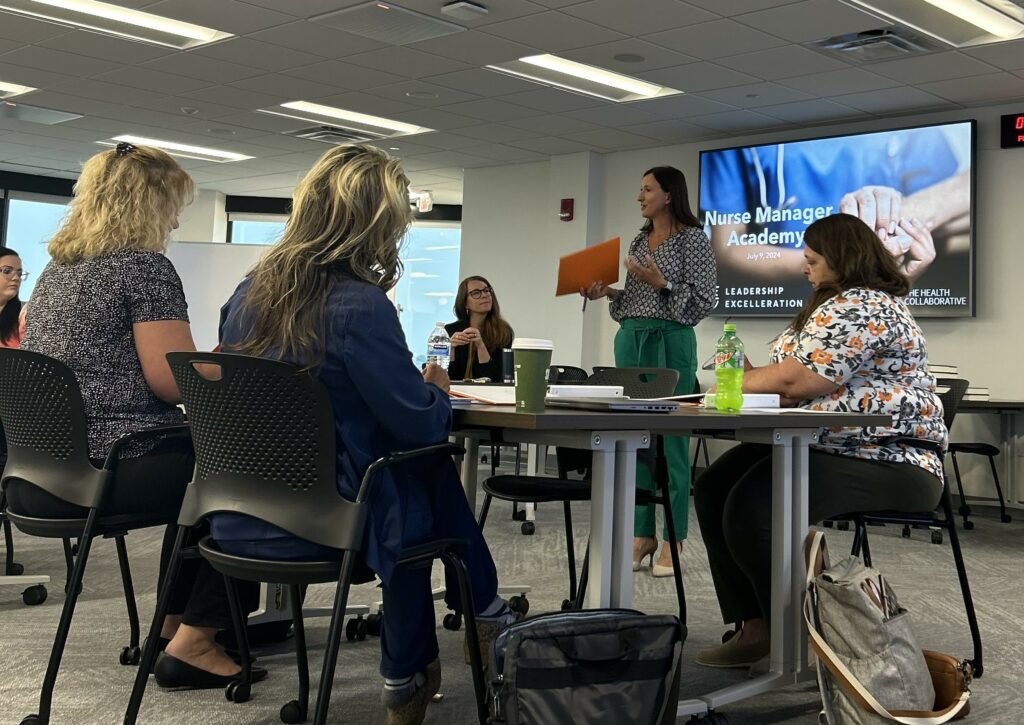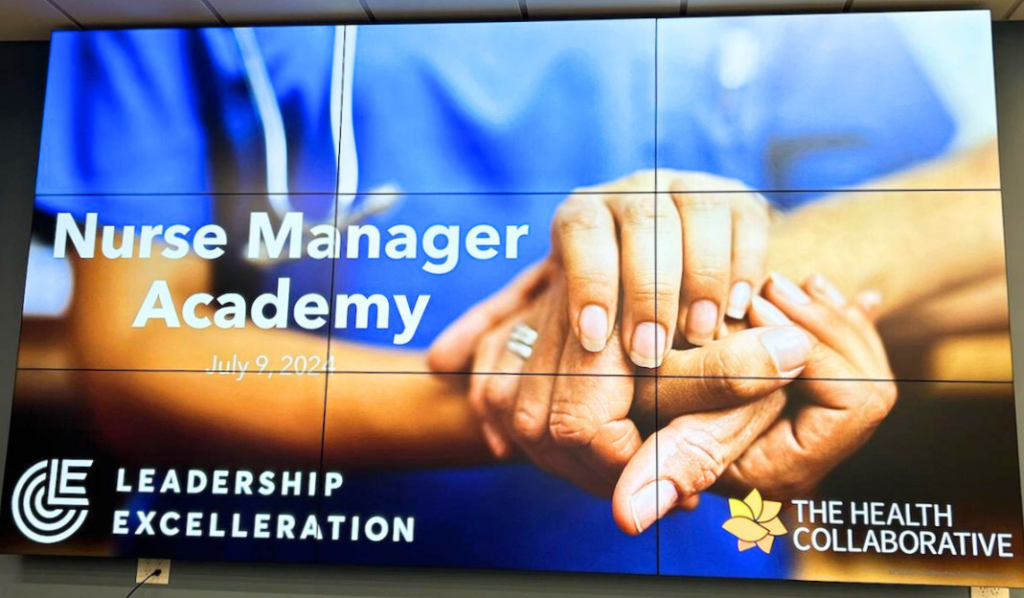A collaborative effort led by The Health Collaborative (THC) with Southwestern Ohio’s major health systems is making strides to overcome operational challenges posed by House Bill 371 (HB 371). This critical legislation aims to enhance healthcare accessibility in the region, focusing on the consistent implementation of supplemental breast screenings for women.
Addressing Challenges in Healthcare
HB 371, passed in September 2022, extends private insurance and Medicaid coverage to include one yearly mammogram.; removes age limitations for mammograms; provides additional coverage for supplemental screening for women with dense breasts or other risk factors, and improves dense breast notification letters to patients with dense breasts to educate them on this diagnosis and additional screening options. The bill was first introduced to THC by the SW Ohio Hospital Steering Committee, which recognized the need to streamline and standardize the bill’s operational aspects across various healthcare settings. The initial goals of the collaborative effort include:
- Educating Healthcare Providers: Working closely with healthcare providers to ensure the effective operationalization of HB 371 and to offer guidance on its implementation.
- Standardizing Messaging: Collaborating with providers to ensure that patients within healthcare systems receive consistent awareness and standardized messaging.
- Community Partnership: Supporting partnerships with community organizations to create awareness campaigns and educational materials to share with local partners.
Working Together for Progress
Throughout the summer, Tiffany Mattingly, Vice President, Clinical Strategies, and Nicole Volpenhein, Sr. Emergency Response Program Specialist from THC, conducted individual conversations with regional healthcare systems and hospitals to gain insights into their experiences implementing HB 371, identify any gaps or barriers they encountered, and ascertain their needs moving forward.
The SW Ohio Workgroup comprises clinical and communication representatives from various healthcare facilities, including Adams County Regional Medical Center, Highland District Hospital, Kettering Health, Mercy Health, Premier Health, The Christ Hospital Health Network, TriHealth, UC Health, and the VA.
Michele Young, an attorney and breast cancer survivor who led the passage of HB 371, now leads the group’s efforts to implement and ensure all women have access to affordable and effective breast cancer screenings. Jared Marsh, a Healthcare Initiatives and Policy Fellow for Michele’s firm, Michele Young Law, works alongside Michele serving as the workgroup’s subject matter expert.
“Ohio now stands as a model for the nation working to provide all women with lifesaving screening access. I am fighting with the support of physicians, legislators, and advocates to ensure not another woman gets a late stage diagnosis, especially from ineffective screening coverage for women with dense breast tissue like myself. We can end breast cancer deaths; and HB 371, along with future efforts, will prioritize the health and well-being of all women, shares Michele..
The UC Cancer Center has played a crucial role by acting as a communications resource and creating educational materials in the form of patient- and provider-facing flyers available to all hospitals. The SW Breast and Cervical Cancer Project offers additional resources for hospital partners.
“It’s encouraging to see our hospitals working together on this effort, openly sharing their experiences with implementing the Bill so that we can better identify the core issues and address them appropriately,” shares Nicole.
THC plans to reconvene the hospital group before the year’s end to provide updates on state-level efforts and determine the next steps.
This collaborative effort by SW Ohio hospitals underscores the commitment to overcoming obstacles in implementing legislation that will enhance healthcare access and outcomes for patients throughout the region. As the partnership continues to grow and gain momentum, our region’s chances for realizing healthcare equity pertaining to diagnostic screenings will be greater.
” This is a great example of where THC can provide value in convening key stakeholders to address a healthcare challenge. By working together, we can collectively speak as one voice to address the greatest challenges to implementing the true purpose and vision of this bill, which is to enhance healthcare access and outcomes to patients,” shares Tiffany.






